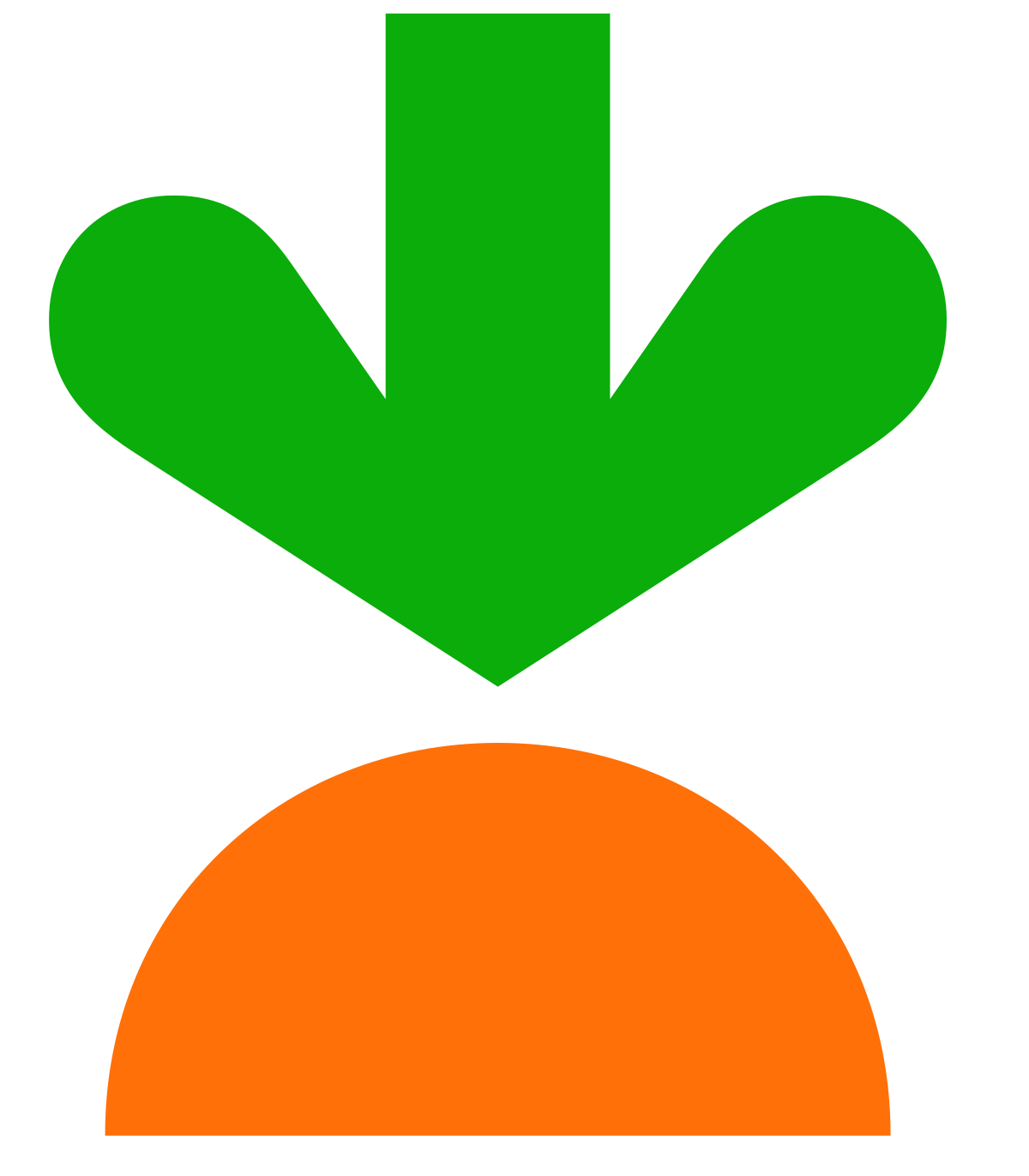 Instacart
InstacartScaling Productivity with Ava — Instacart’s Internal AI Assistant
The blogpost discusses how Instacart scaled productivity using Ava, their internal AI assistant powered by OpenAI's GPT-4 and GPT-3.5 models.
Solving Espresso’s scalability and performance challenges to support our member base
The blogpost describes the process of solving scalability and performance challenges in Espresso database to support a large member base, including migration to HTTP/2 and analyzing and correcting throughput degradation.
 Databricks
DatabricksRetail Personalization with RFM Segmentation and the Composable CDP
Retail personalization using RFM Segmentation and Composable CDP Solution Accelerator. Download notebooks for details.
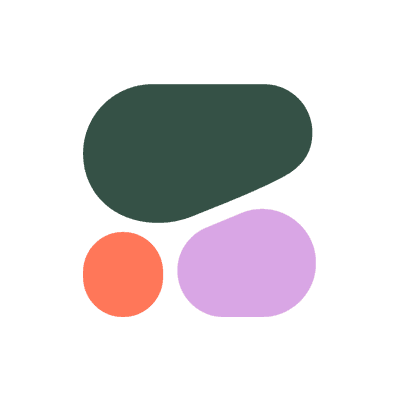 Cohere AI
Cohere AIEfficient LLM Finetuning with T-Few
Delving into the concept of T-Few finetuning, exploring its benefits, and explaining the implementation workflow.
How AI is helping Duolingo democratize education
AI's role in democratizing education and accelerating access to learning at Duolingo.
 OpenAI
OpenAIJoin us for OpenAI’s first developer conference on November 6 in San Francisco
Announcing OpenAI's inaugural developer conference in San Francisco on November 6
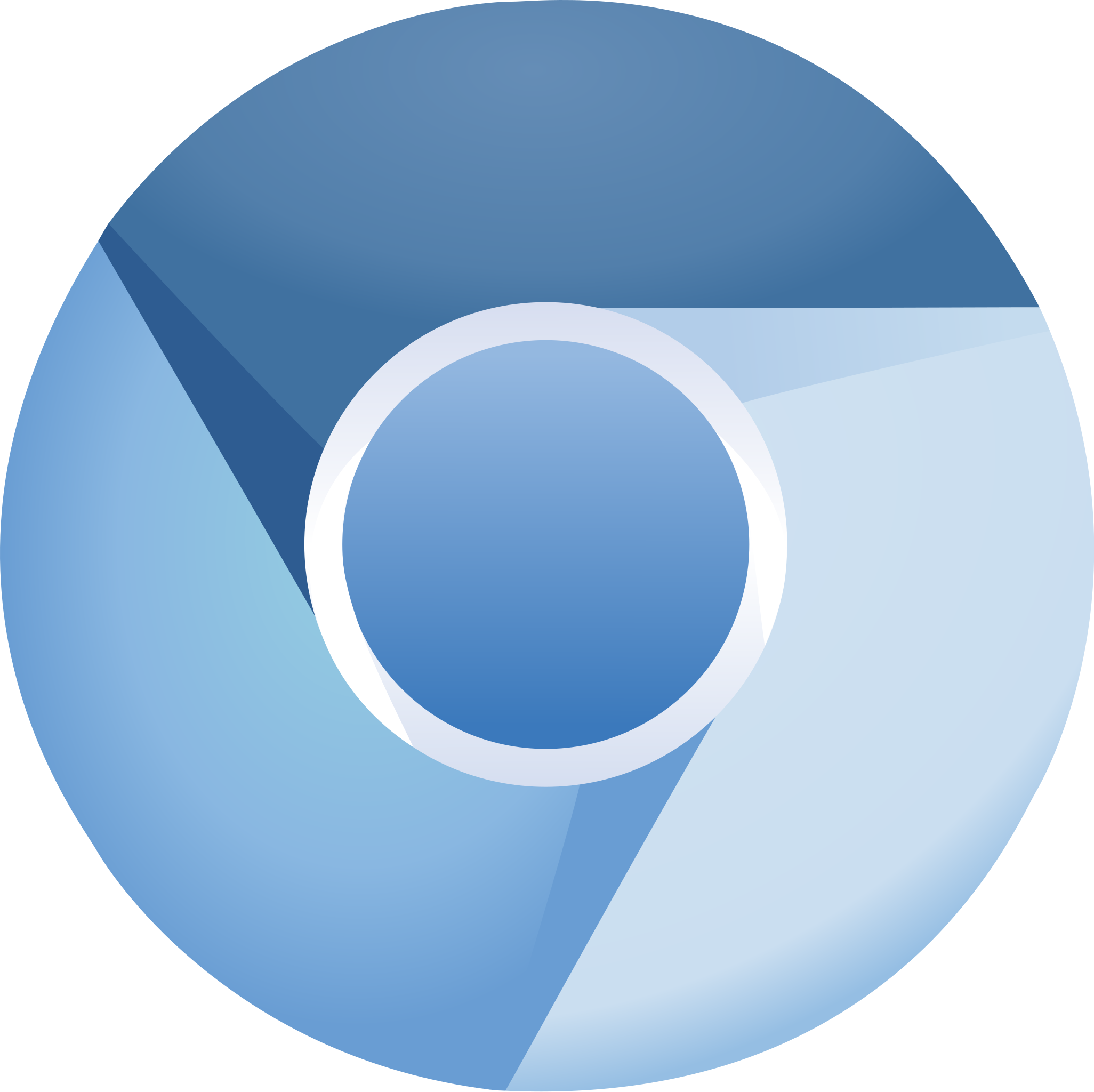 Chromium
ChromiumUnveiling the Chrome Web Store's Redesign
The blogpost unveils the redesign of the Chrome Web Store, highlighting the modernized UI, seamless navigation and search experience, and new categories for extensions and themes.
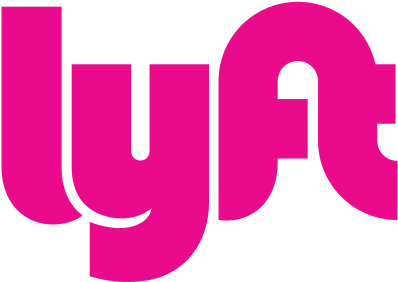 Lyft
LyftBuilding a Control Plane for Lyft’s Shared Development Environment
This blogpost discusses the process of building a control plane for Lyft's shared development environment, which involves creating a Context ID paradigm and leveraging Envoy to translate Context IDs into routing overrides.
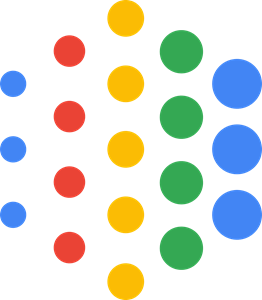 Google AI
Google AITSMixer: An all-MLP architecture for time series forecasting
The blogpost discusses TSMixer, an all-MLP architecture for multivariate time series forecasting that performs as well as state-of-the-art univariate models on long-term forecasting benchmarks, highlighting the effectiveness of univariate linear models and the importance of cross-variate information.
 Cohere AI
Cohere AIEmerging Trends in Generative AI Research: Top Research Papers August 2023
Stay updated on the latest research papers in Generative AI with Cohere For AI's curated August 2023 collection.
 GitHub
GitHubHow to build an enterprise LLM application: Lessons from GitHub Copilot
Lessons from GitHub Copilot on building an enterprise LLM application that delivers value to individuals and enterprise users at scale.
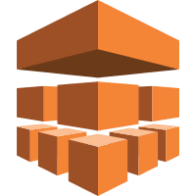 AWS ML
AWS MLBuild a secure enterprise application with Generative AI and RAG using Amazon SageMaker JumpStart
Building a secure enterprise application using Generative AI and RAG with Amazon SageMaker JumpStart in the AWS environment.